Behind the Scenes: The Training Journey of Automotive Technicians
When your car sputters to a halt or needs a tune-up, it's natural to feel a bit uneasy. After all, your car is a crucial part of your daily life, and you want it back on the road swiftly and fixed correctly the first time around.
Have you ever wondered about the training our technicians undergo?
It's quite impressive! Repairing modern cars requires an immense amount of knowledge and skill, far beyond tinkering with a hot rod in the garage over the weekend like your uncle used to do.
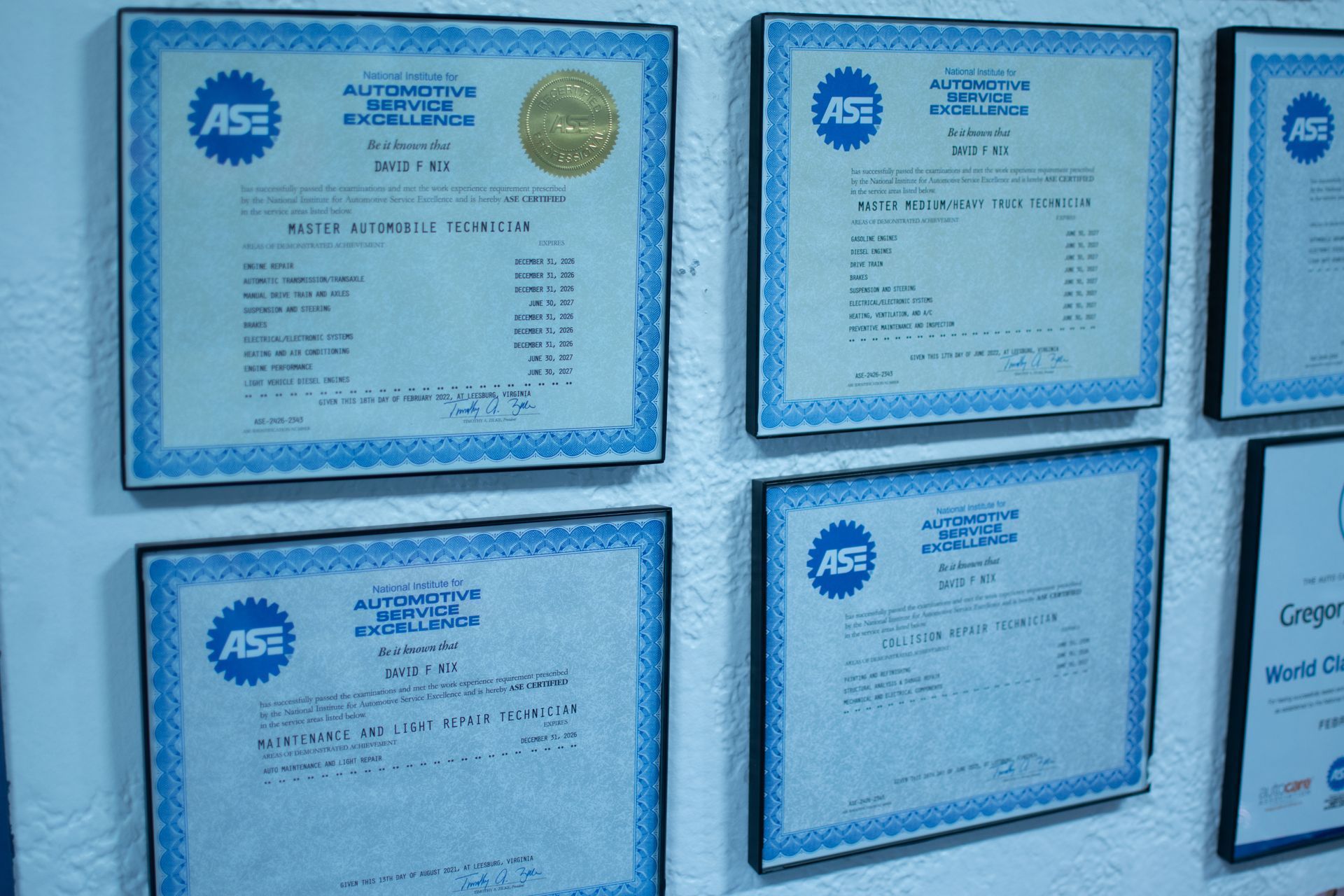
Today's four-cylinder engines pack more power than the V-8s in luxury cars two decades ago. Picture this: a new V6 Toyota Camry could outpace Sonny Crockett's Ferrari in a race to 60 mph. Our engines are becoming more potent while achieving better fuel economy and increased reliability, thanks to advancements in engineering. But this progress comes with a trade-off: complexity.
Modern cars are marvels of mechanical and electronic complexity. Some vehicles in our area have several interconnected computers controlling various engine and vehicle functions. We often take this sophistication for granted, but when something goes awry, someone has to fix it—and that's where our technicians come in.
Keeping up with these advancements is no small feat. It requires a significant commitment from both the technicians and the service center. In addition to ongoing training, there's a financial investment in diagnostic and repair tools.
But where do technicians go for training? The sources are diverse, ranging from formal classroom sessions to on-the-job training provided by manufacturers, online courses, and self-study programs. There's a plethora of independent certifications available, culminating in the prestigious Master Technician designation.
Just like medical diagnoses on TV, automotive diagnoses require both art and science. We all wish car repairs were simple, straightforward, and cheap, but sometimes they're not. That's where service centers like ours come in.
We have access to a wealth of resources, from data services to technical libraries and online communities, to tackle even the trickiest problems. You'd be amazed at the array of special software, hardware interfaces, and, most importantly, the depth of knowledge and skill our technicians bring to the table.
So, next time you bring your car in, rest assured that you're in good hands with your service advisor at David's Automotive Repair. Remember, the more you understand about your car's service needs, the more confident you'll feel about your decisions.
Expert wheel alignments at David's Automotive Repair in The Colony, TX. Improve safety & efficiency. Visit us today or schedule an online appointment now!
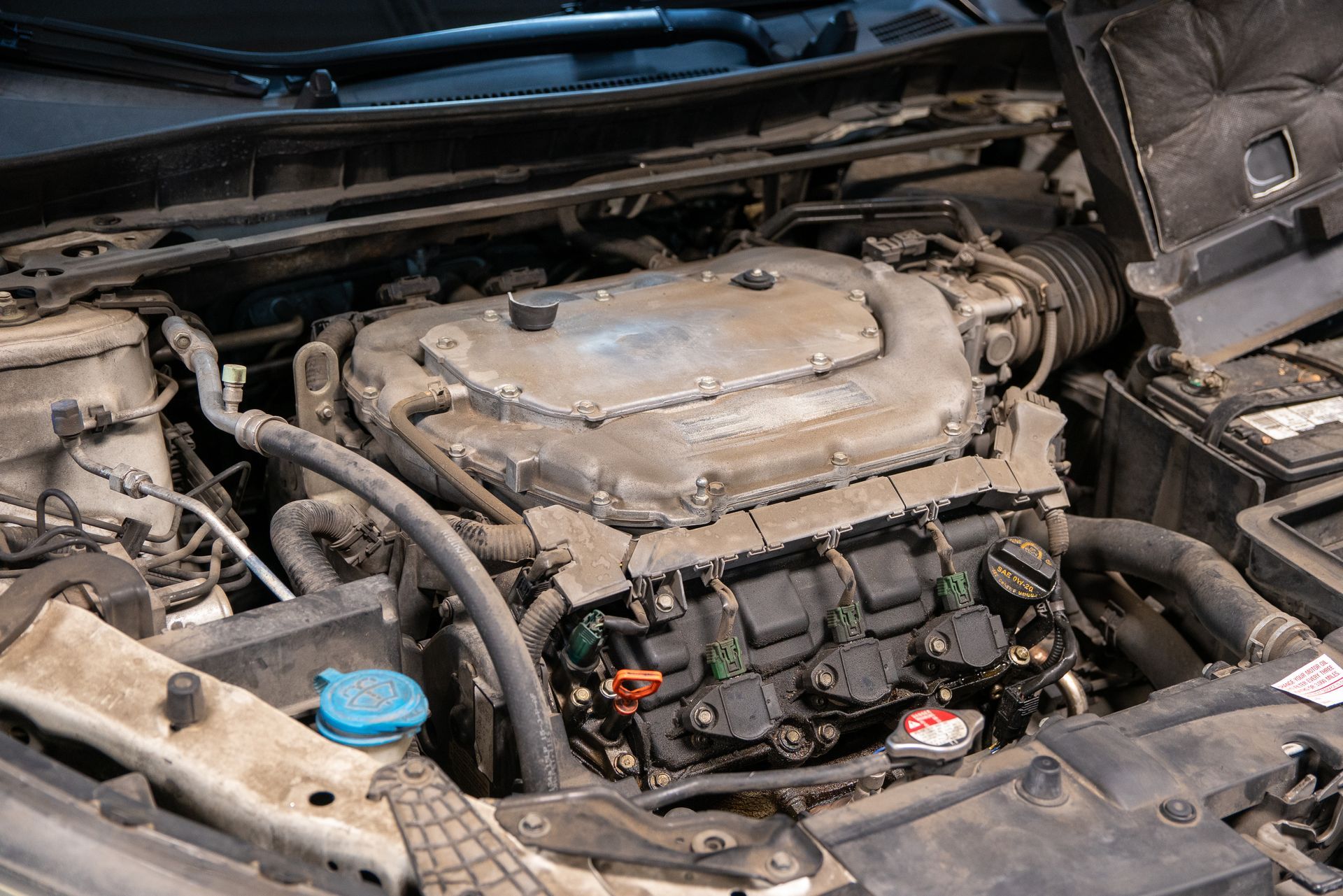
A safety check looks at brakes , tires, lights , and windshield wipers. These parts help you stop and see clearly in bad weather. Worn brakes and tires reduce control on wet or cold roads. We also check fluids, belts, hoses, and the battery. Cold weather can cause weak parts to fail without warning. Catching these problems early helps prevent breakdowns. At David’s Automotive Repair in The Colony, TX, we help families stay safe on the road. A simple vehicle inspection can help you drive with confidence all winter. Money-saving tip: Replacing brakes before they wear out fully helps prevent damage to other parts, which can increase the cost of a brake repair. Call David’s Automotive Repair at 972-625-1836 or tap the “Make Reservation” button to schedule your safety check online.
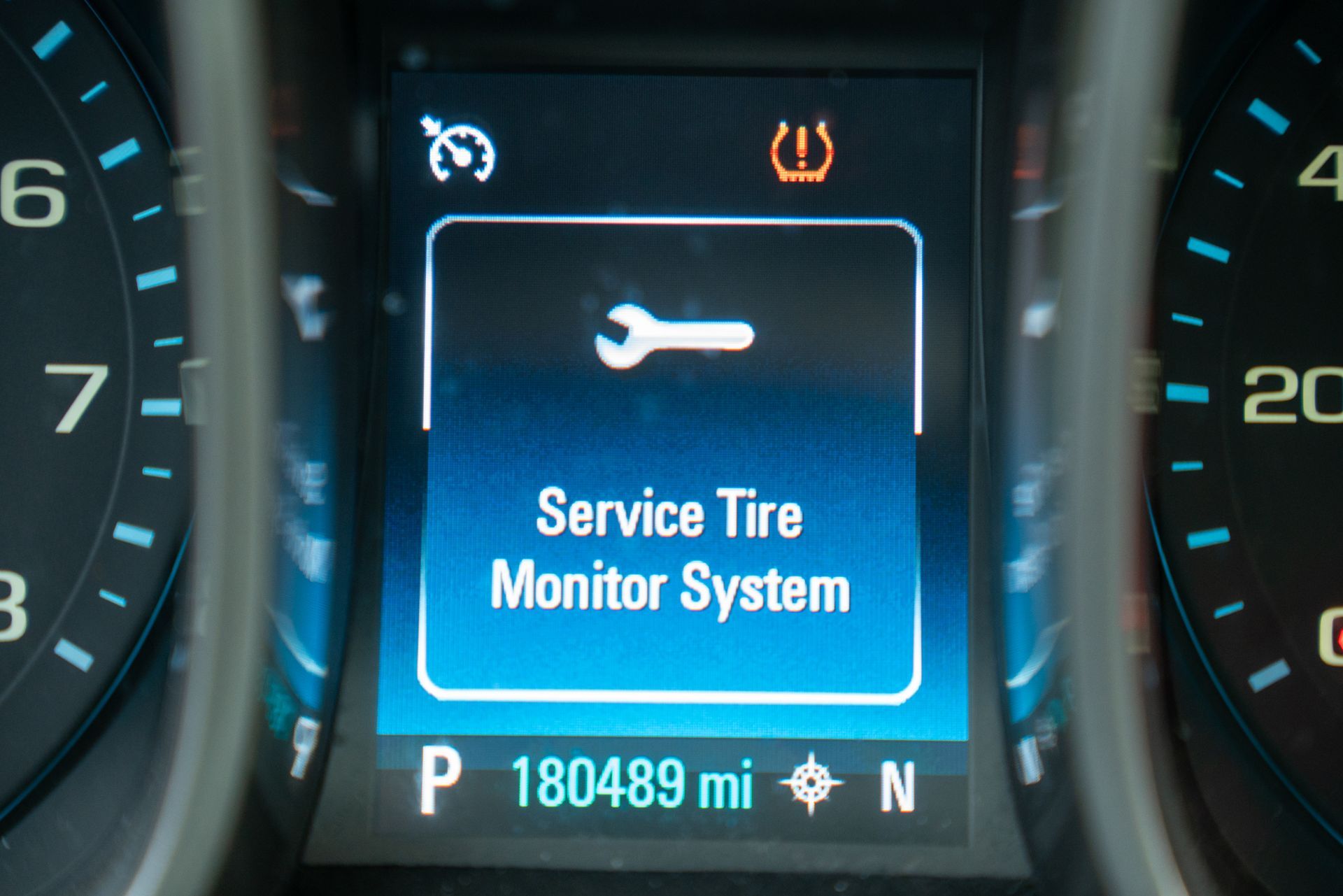
The check engine light can turn on for many reasons. Sometimes it is a small issue, like a loose gas cap. Other times it means your engine is not running right. Driving too long with the light on can make the problem worse. Other warning lights are more serious. Brake lights, oil pressure lights, and temperature lights should never be ignored. These lights warn you about safety or engine problems. At David’s Automotive Repair in The Colony, TX, we use diagnostic tools to find out why warning lights turn on. Knowing the cause helps you make the right repair choice. Money-saving tip: Fixing a warning light early often costs less than fixing the damage it causes later. Call David’s Automotive Repair at 972-625-1836 or tap the “ Make Reservation ” button to schedule your service online.
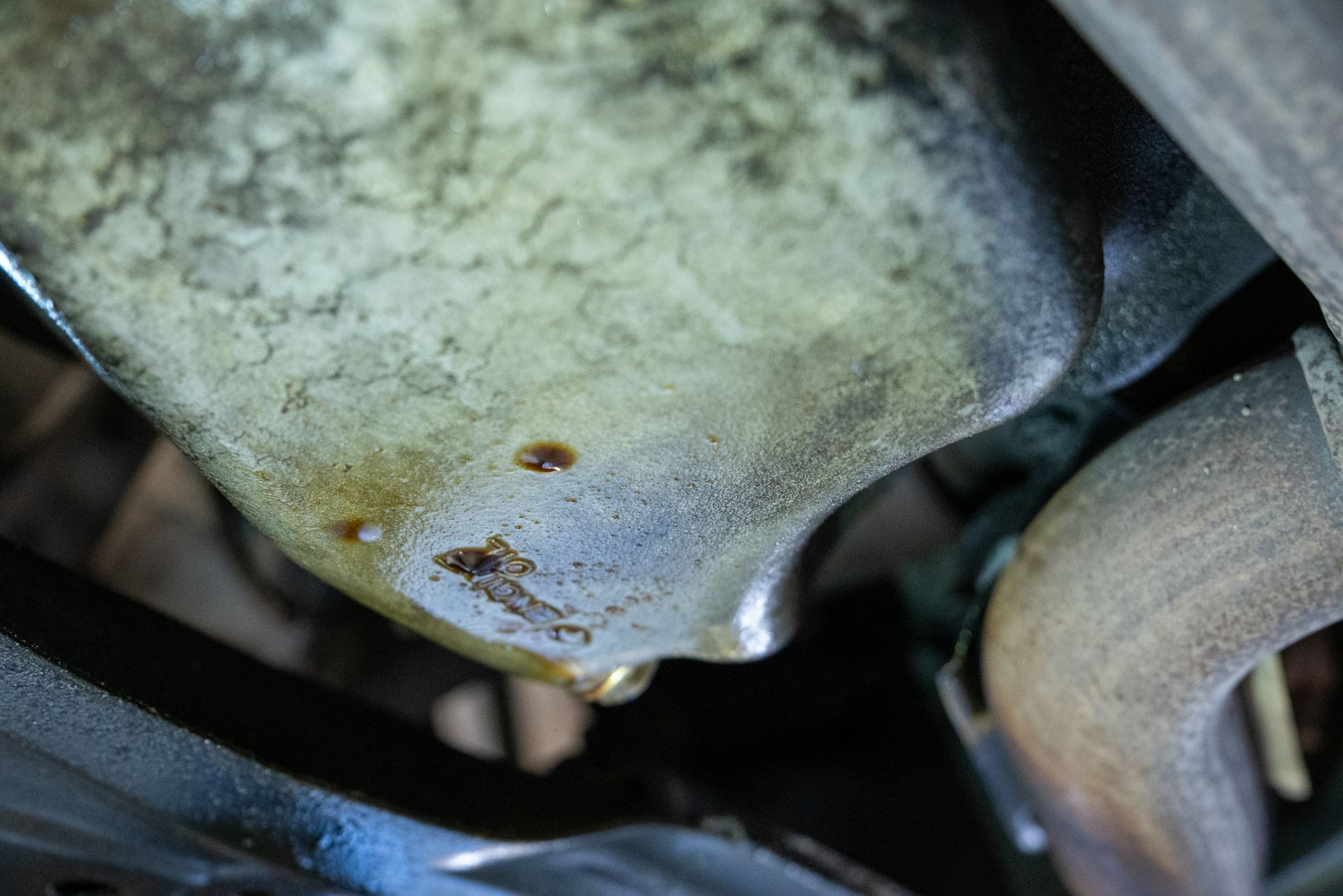
Oil leaks , coolant leaks , and power steering leaks are common during winter. What starts as a slow drip can quickly turn into low fluid levels. Low fluids can lead to engine overheating or serious damage. Many drivers don’t notice leaks right away because fluids can freeze or burn off when driving. By the time warning signs appear, repairs may be more expensive. At David’s Automotive Repair in The Colony, TX, we inspect hoses, seals, and gaskets as part of regular maintenance. Fixing leaks early keeps your vehicle reliable and protects your budget. Money-saving tip: If you notice spots under your car, don’t wait. Early leak repairs are almost always cheaper. Protect your vehicle this winter. Call David’s Automotive Repair at 972-625-1836 or tap the “Make Reservation” button to schedule your service online.
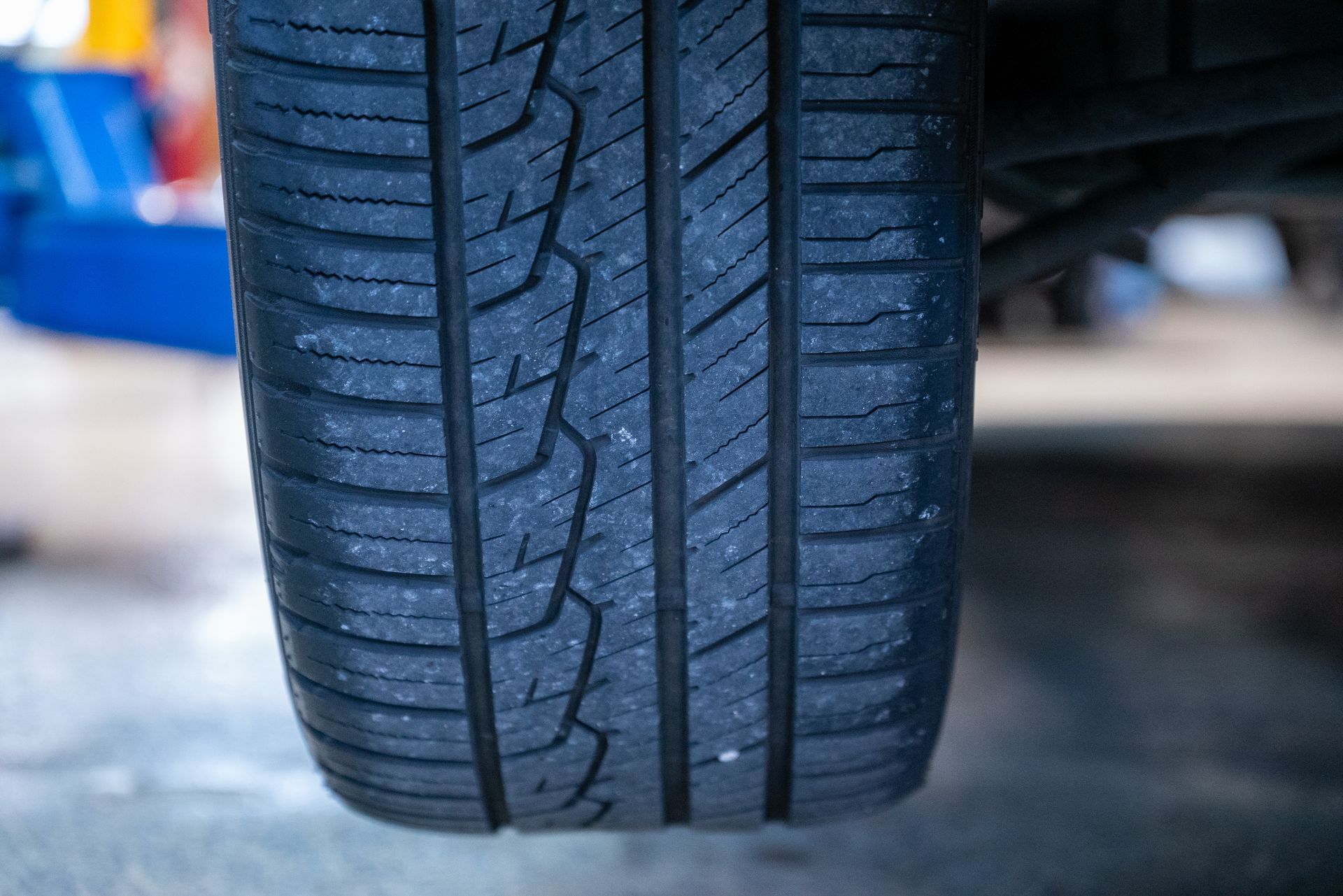
When temperatures drop, tire pressure drops too. Low tire pressure causes more rolling resistance, which means your engine has to work harder. That leads to worse gas mileage. Winter tires can help with traction, but if they are worn or underinflated, they can still cost you money at the pump. Your brakes also matter. Sticking brake calipers or worn brake components can cause drag. Even a small amount of brake drag can lower fuel efficiency over time. Many drivers don’t notice this issue right away, but they feel it when fuel costs add up. At David’s Automotive Repair in The Colony, TX, we check tire pressure, tire condition, and brake wear during routine auto repair inspections. Catching these problems early helps you save money and stay safe on winter roads. Money-saving tip: Check your tire pressure once a month during winter. Proper inflation improves gas mileage and helps tires last longer. Start the year saving money. Call David’s Automotive Repair today at 972-625-1836 or schedule your appointment online to keep your tires and brakes working efficiently.

For many people, that means putting off vehicle maintenance until later in the year. While that may feel helpful in the moment, winter is often the worst time to delay car care. Cold weather is hard on vehicles. Batteries work harder. Fluids thicken. Rubber parts like hoses and seals become stiff. Small problems that were not noticeable in the fall can turn into larger issues once it gets colder. What started as a minor concern can become an unexpected repair at the worst possible time. Skipping regular vehicle maintenance can also lead to breakdowns. Winter breakdowns are more than just inconvenient. They often mean towing costs, missed work, canceled plans, and higher repair bills. Emergency repairs usually cost more than planned maintenance because there is less time to catch problems early. Many drivers believe they are saving money by waiting. In reality, staying ahead of vehicle maintenance often costs less over time. Catching wear early gives you options. It allows you to plan instead of reacting. It also helps you decide what needs attention now and what can safely wait. This is especially important when the economy feels tight. When money is stretched, the last thing most families need is a surprise car repair. Preventive maintenance helps reduce those surprises. It gives you a clearer picture of your vehicle’s condition and helps you avoid sudden expenses. Winter is a smart time for a safety-focused vehicle inspection. A proper inspection looks at areas that cold weather affects most. It also helps identify issues that could become more serious if ignored. Knowing what your vehicle needs helps protect your budget and your peace of mind. Starting the year with a plan is easier than dealing with problems later. A little attention now can help your vehicle stay reliable through the cold months. Avoid surprise repairs this winter. Call David’s Automotive Repair at 972-625-1836 to reserve a vehicle inspection today. Our team is here to help you stay safe and plan ahead.
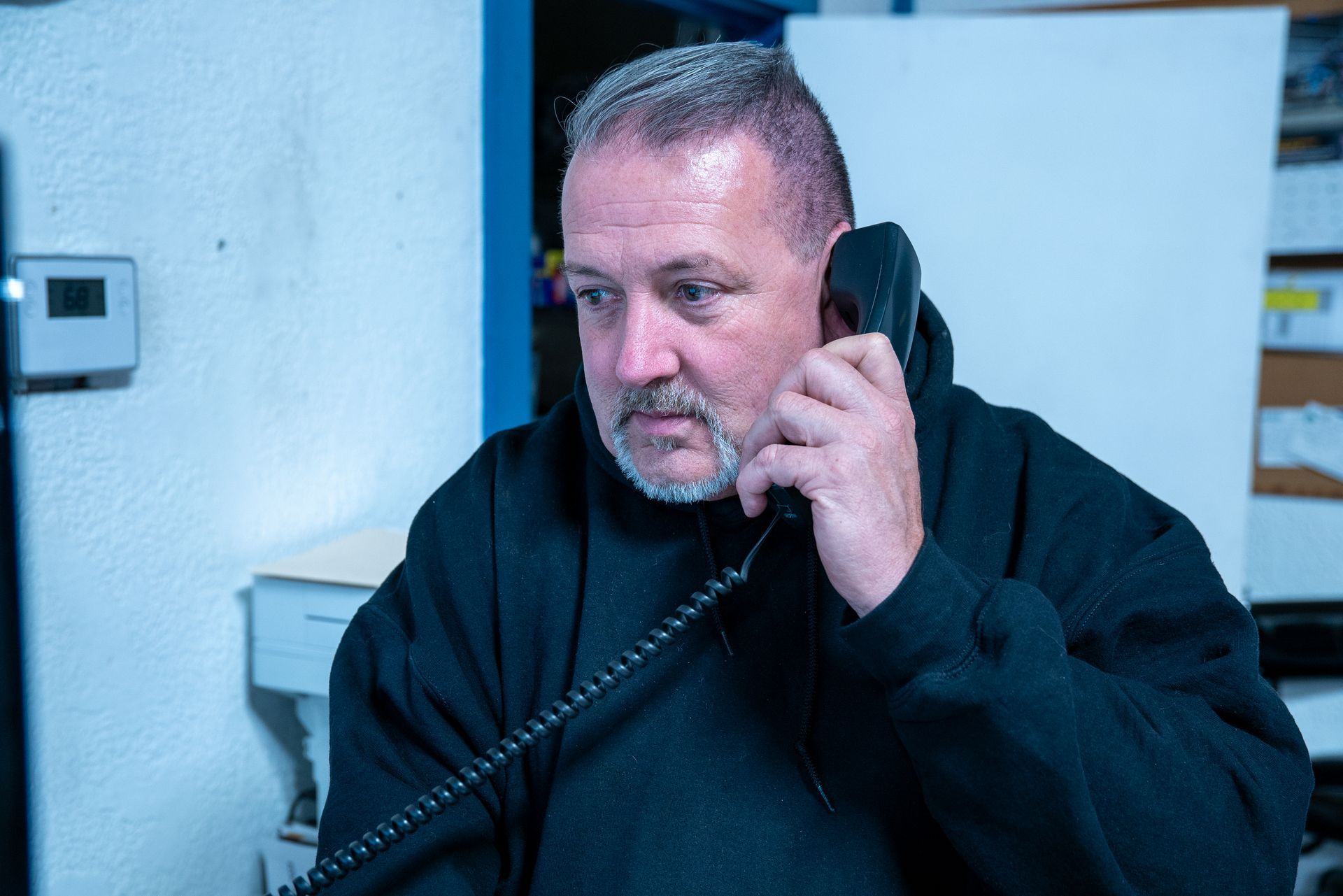
Cold starts are hard on engines. When a car does not get up to full temperature, moisture can build up inside the engine. That can affect performance over time. Short trips also do not recharge the battery fully, which weakens it over time. These small stresses can add up. Eventually, a minor problem may turn into a bigger, more expensive repair. A winter vehicle inspection can help catch problems caused by short trips. This keeps your car safe, reliable, and prevents costly breakdowns. If your winter driving mostly includes errands or school runs, call David’s Automotive Repair at 972-625-1836 to reserve a vehicle check and stay ahead of wear.
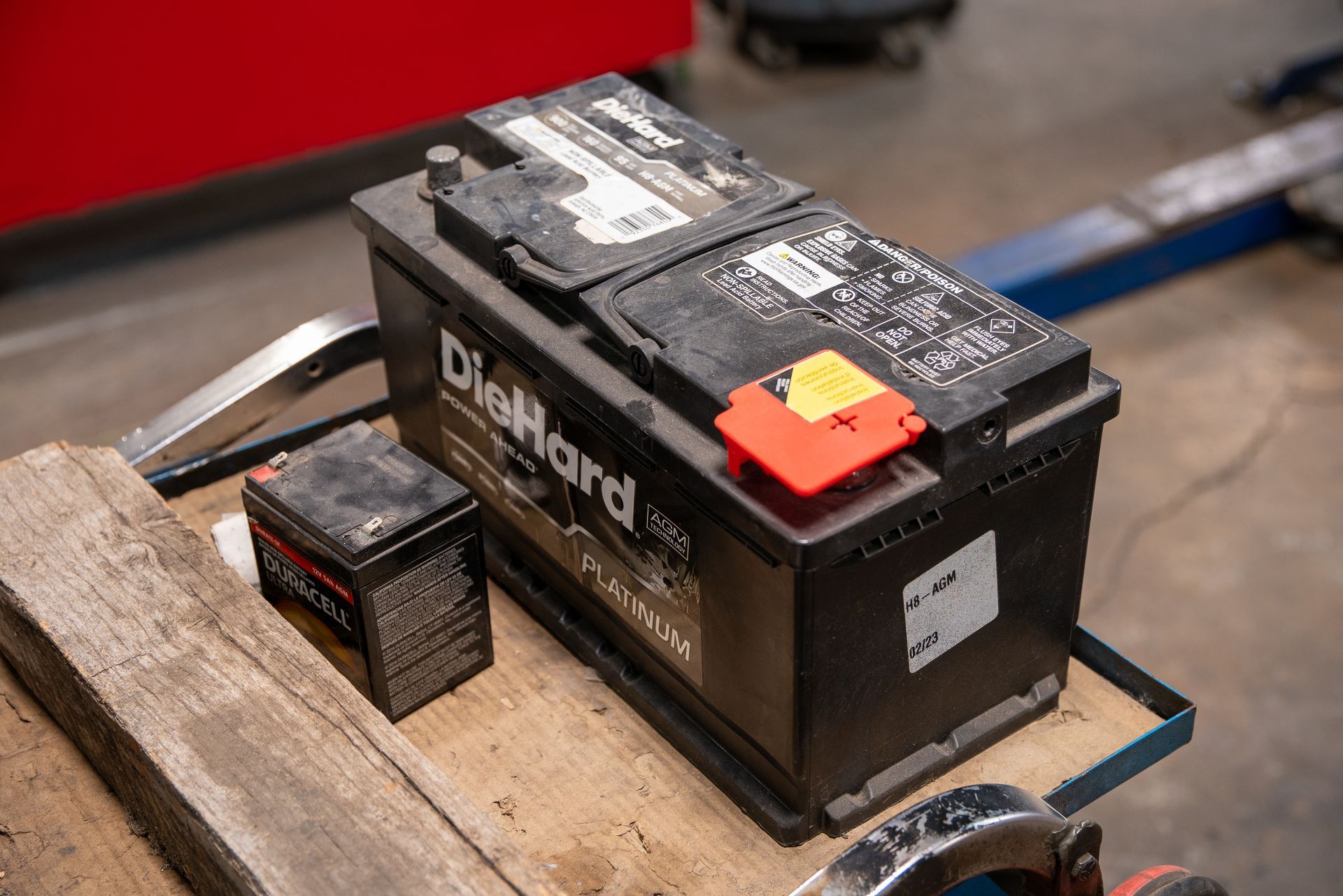
Batteries have to work harder when it is cold, and engines need more power to start. Weak batteries may fail without warning. Short drives make this problem worse. Running errands or driving only a few miles does not give the battery time to recharge. Over time, this can slowly drain battery power and increase the chance of a no-start. A dead battery is more than an inconvenience. It can make you late for work, school, or appointments. Calling for a tow adds extra stress and cost. Testing and analysis can find a weak battery before it dies. Replacing a battery on your schedule is much easier and less expensive than dealing with a sudden failure. Winter battery checks are a simple step to avoid being stranded and save money on emergency repairs. Call David’s Automotive Repair at 972-625-1836 to schedule battery testing before the cold mornings leave you stuck.
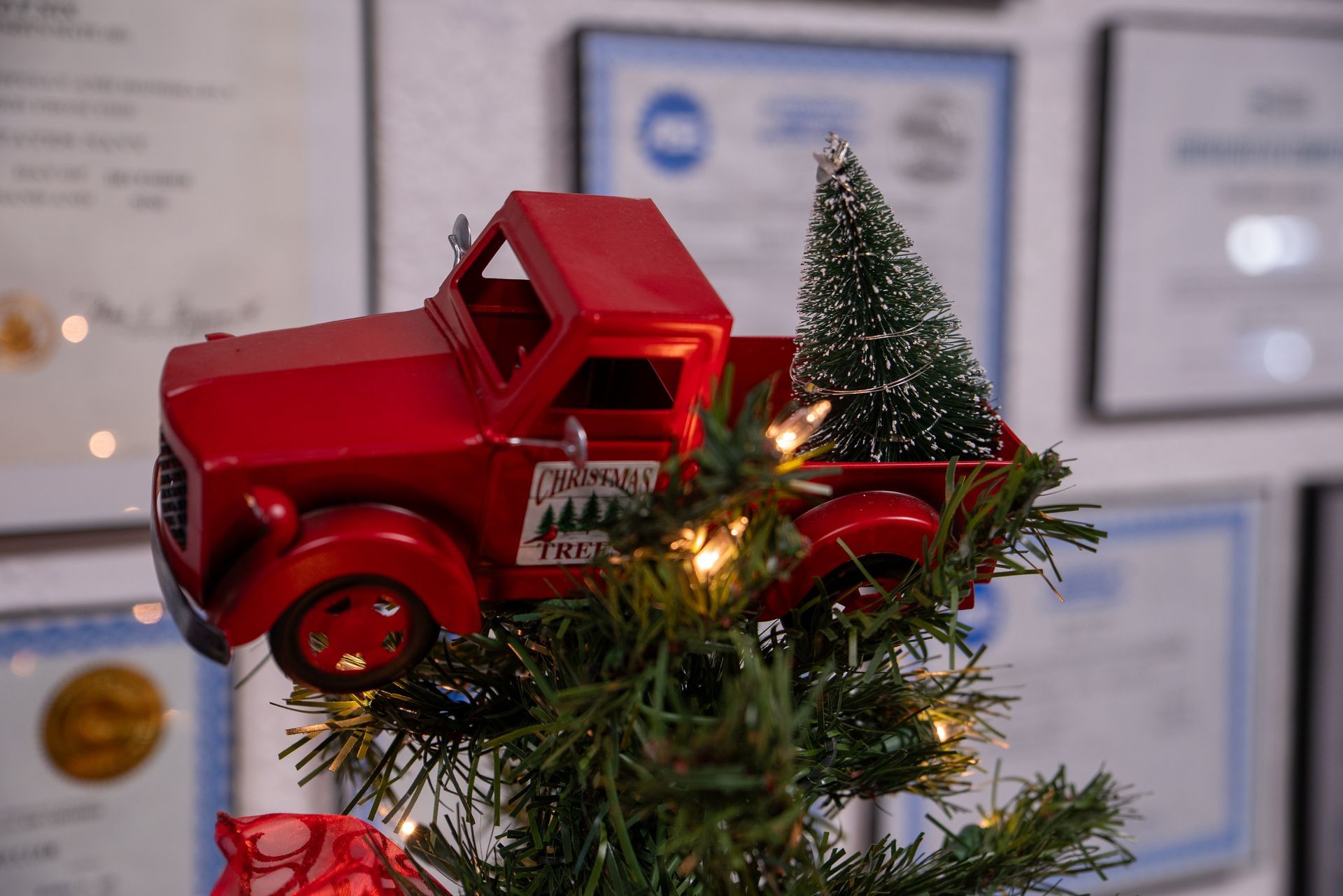
The first thing we look at is your fluids. Oil, coolant, brake fluid, and transmission fluid can break down faster during long trips. Low or dirty fluids can cause bigger problems if ignored. Next, we inspect tires and brakes. Road trips add miles fast, and winter roads can increase brake wear. Uneven tire wear or low tread can hurt safety and fuel economy. We also check your battery and charging system. Cold weather plus long drives can expose a weak battery. Catching it early helps avoid a no-start situation later. At David’s Automotive Repair, we focus on preventive auto maintenance to help drivers in The Colony avoid expensive repairs after the holidays. Money-saving tip: A post-trip inspection can catch small issues before they turn into costly breakdowns. If your vehicle worked hard over the holidays, give it the care it deserves. Call us today at 972-625-1836 or tap the “Make Reservation” button to schedule your service online.
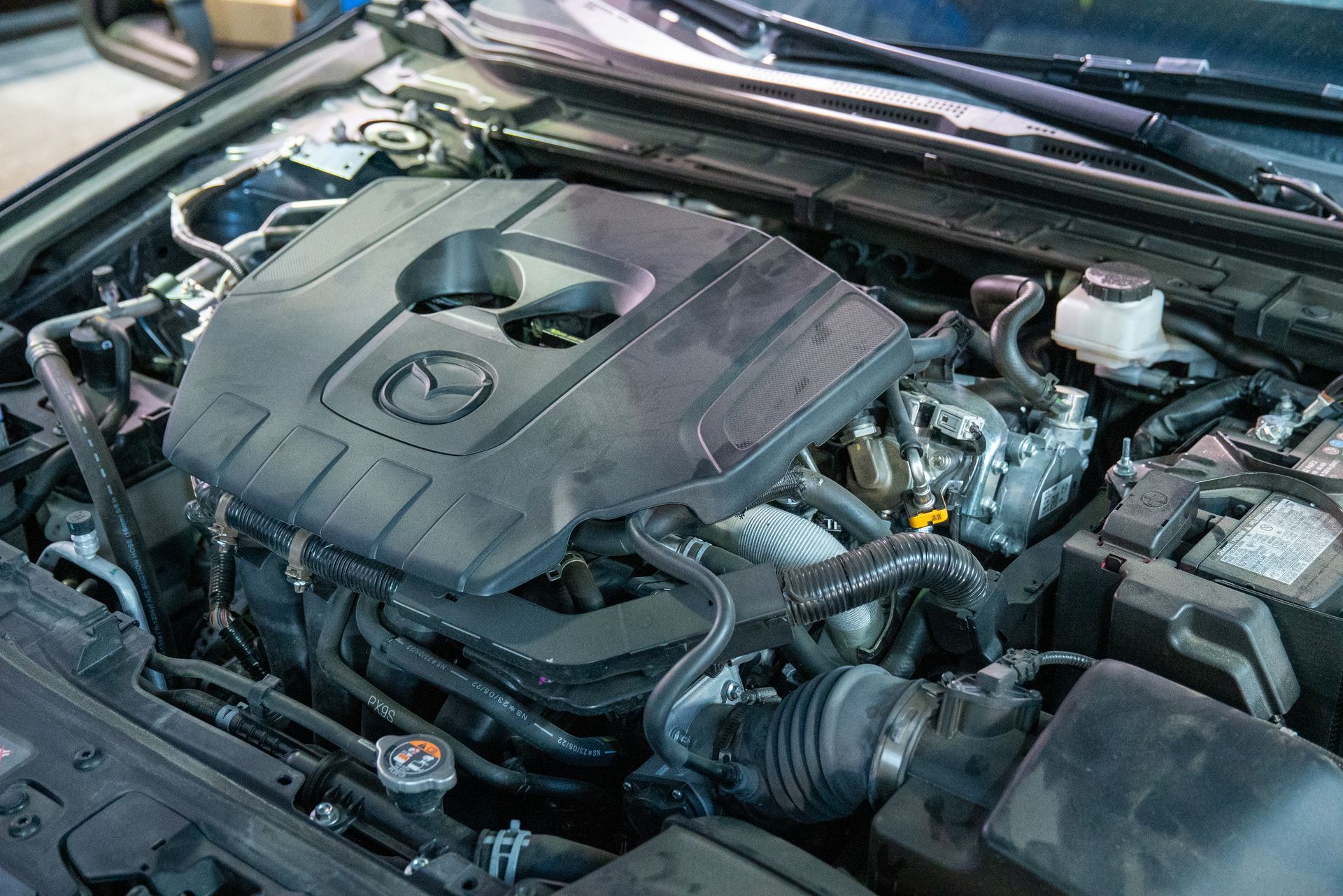
Oil changes help protect your engine. Tire rotations help tires wear evenly. Fluid checks help prevent damage from heat or cold. These services help your car run better all year. Cold weather is hard on vehicles. Batteries lose power faster. Tire pressure drops in low temperatures. Short trips can increase engine wear. Regular inspections help catch problems early. At David’s Automotive Repair in The Colony, TX, we help drivers stay on schedule with auto maintenance. Planning ahead helps avoid costly repairs later. Money-saving tip: Driving with low tire pressure causes uneven wear and can shorten tire life, leading to earlier and more expensive tire replacement. If your tire light is on, stop by the shop for some air! It's free! Call David’s Automotive Repair at 972-625-1836 or tap the “Make Reservation” button to schedule your service online.



